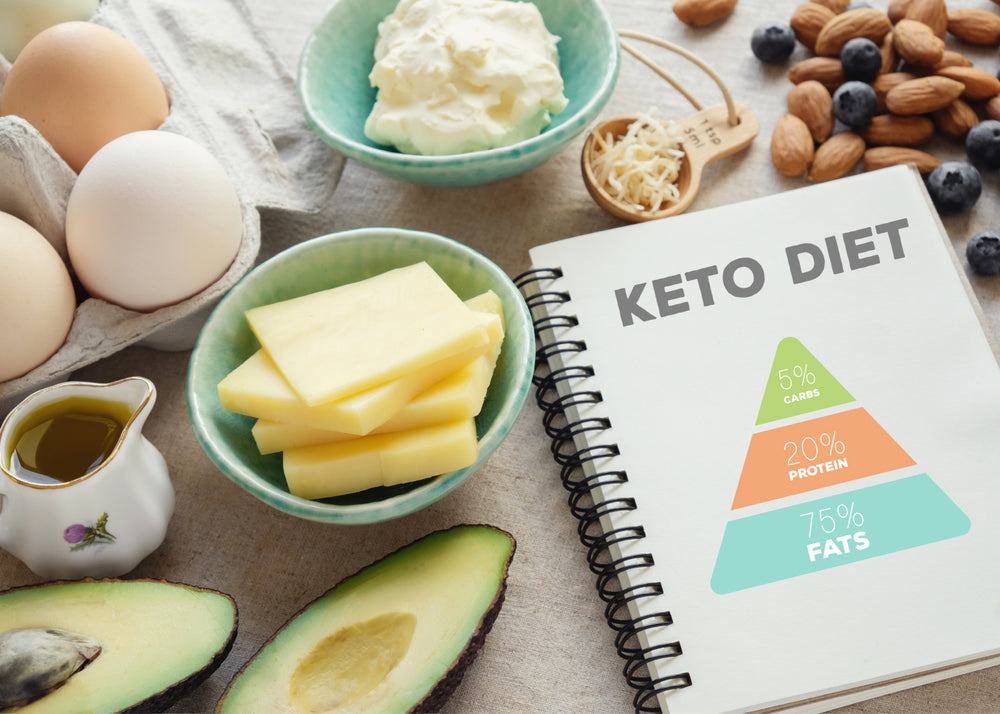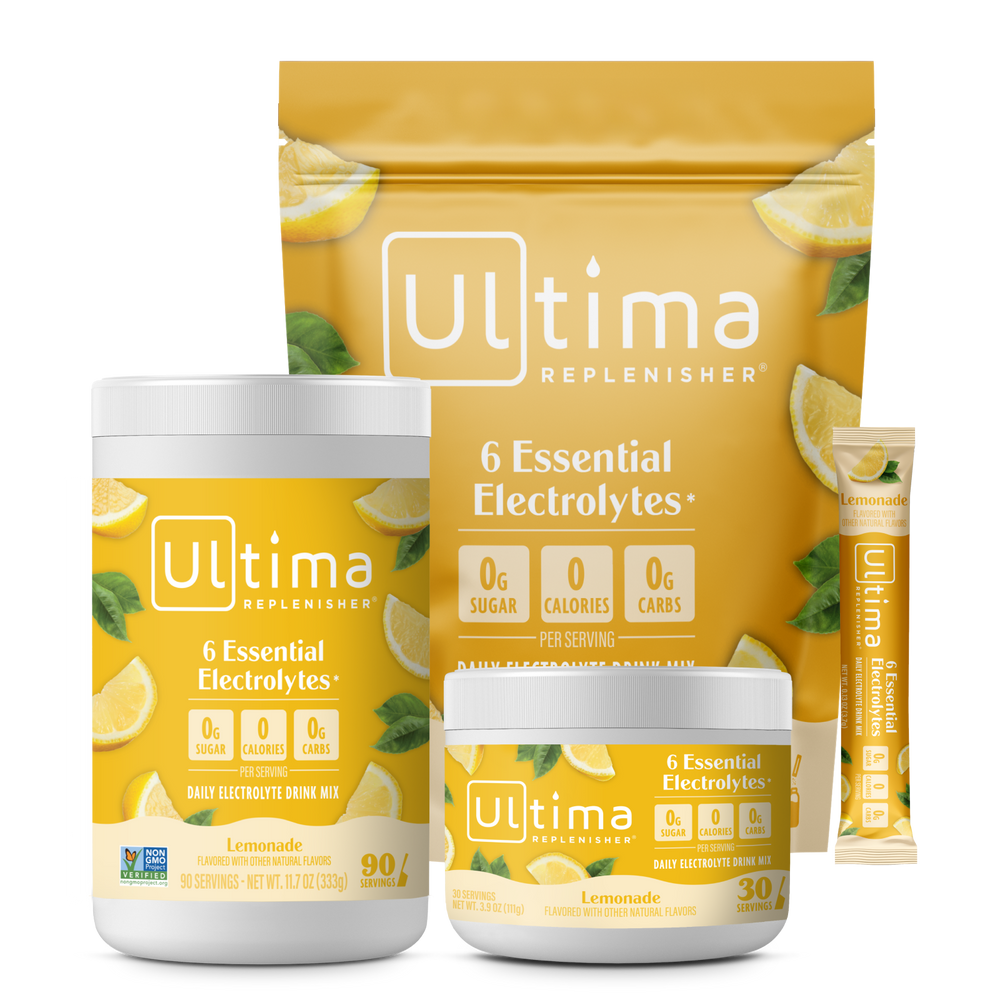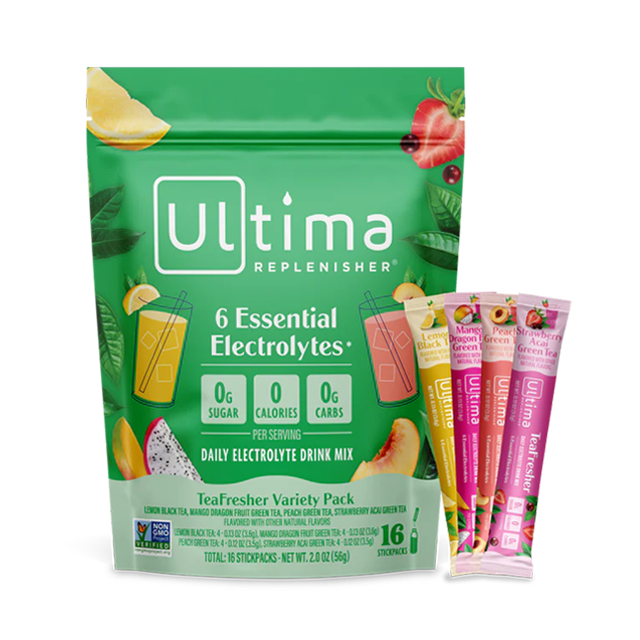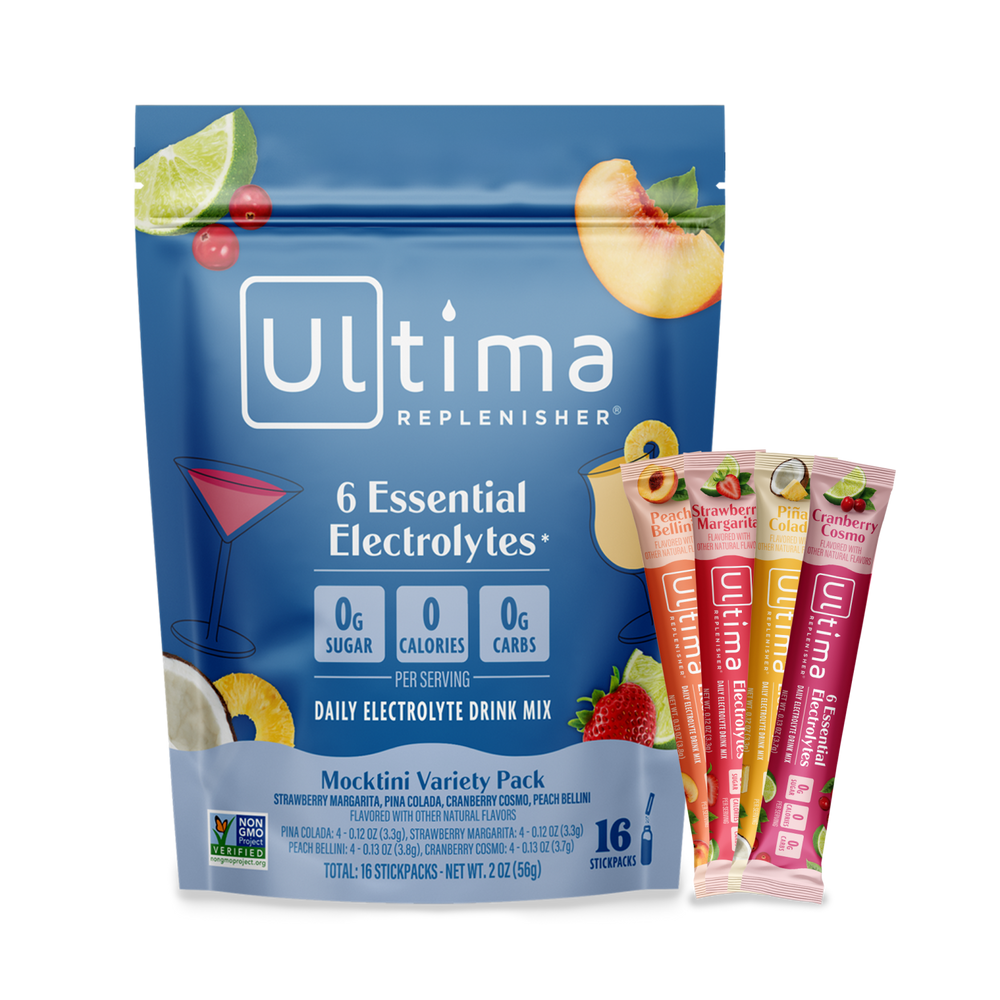
Hydration Strategies for Epilepsy
If you or someone in your family has epilepsy, you understand how disruptive seizures can be to an active lifestyle. While factors like stress, poor sleep, insufficient food intake and not taking meds as directed can contribute to the risk of seizures, there’s another factor people may miss — hydration.
The Role of Hydration in Epilepsy Management
Epilepsy affects each person differently. While it’s known that seizures are triggered by a chemical imbalance in the brain that causes a sudden surge of electrical impulse, it’s not known whether electrolytes—vital minerals that play a role in muscle contraction, nerve transmission and signals to the brain—can help.
What is known is that some people with epilepsy find that overheating or dehydration can trigger more frequent seizures. Even mild dehydration can impair motor skills, affect short-term memory, and reduce attention span. So, the goal is to stay hydrated to help reduce potential risk factors and prevent any ill effects of dehydration on your body and brain.
Hydration Strategies for Those on Keto Diets
The ketogenic or “keto” diet is a high-fat, low-carb diet many people use to control weight or eat healthier. However, it has also been used as a treatment for epilepsy since the 1920s, particularly for children whose seizures do not respond to medication. When used for epilepsy, the diet is prescribed by your doctor and carefully monitored by your team of healthcare professionals. If you’re an adult with epilepsy and want to try the keto diet, please consult with your doctor first because it may not be ideal for your personal health needs.
One of the things to know about the keto diet is it can deplete electrolytes, especially in the initial transition. Often this is due to the drastic change in food sources since we get a lot of our daily electrolytes through the foods (especially carbs) we eat. In addition, on the keto diet, ketones form as the body uses fat for energy instead of sugar or glucose. Because the body produces less insulin due to lower carb and sugar intake, the kidneys expel more sodium, which can lead to an electrolyte imbalance. Add exercise and sweat to this and an electrolyte imbalance and dehydration can happen even more quickly.
Your healthcare team will know this already and will advise you appropriately, but if you’re interested in the electrolyte and keto connection, read more on our blog. Check out “How to Get Electrolytes for a Keto Diet,” “Top Electrolytes for a Keto Diet & How to Find Them,” and “Electrolyte Imbalance and the Keto Diet: How to Avoid Dehydration and Cramps.”
Can Hydration Improve Your Life with Epilepsy
Is proper hydration or hydration with electrolytes going to cure your epilepsy or solve your challenges with seizures? Sadly, no. We wish it were that easy for you. Staying hydrated can help you feel healthier and may be one of the many factors to consider in your overall well-being. If you notice improvements it’s worth discussing with your doctor.









